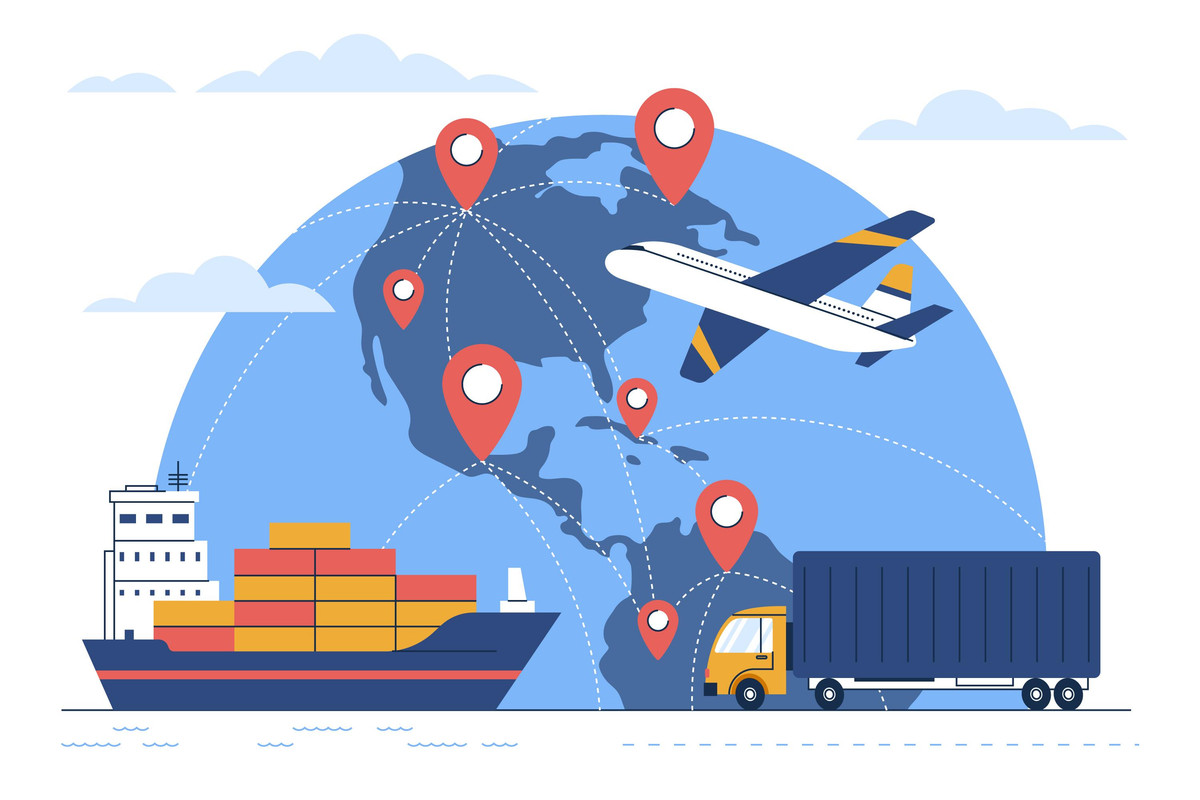Understanding Trade Tariffs, Import Duties, and Taxes: A Guide for Importers
Understanding Trade Tariffs, Import Duties, and Taxes: A Guide for Importers
Blog Article

Defining Tariffs
Tariffs are government-imposed levies on foreign goods. They are mainly designed to regulate trade and safeguard local markets. By raising prices for foreign goods, nations can promote domestic production.Tariffs change by goods category, country of origin, and trade agreements. For businesses bringing in goods, this means understanding the HS code of your product is crucial. Being aware about agreements or disputes is equally important, as they can affect tax rates.
Understanding Duties
Customs duties are a subset of tariffs but are often associated with targeted taxes. For example, antidumping duties may apply to underpriced goods, while countervailing duties target subsidized imports in their source country. These regulations aim to create equity for domestic producers.Understanding duties involves more than adding up fees—it also means understanding the rules for valuation. Most jurisdictions use the declared price (the price paid for goods) to determine import fees. However, extra costs like insurance, transport fees, or licensing fees might also factor into the duty assessment.
Import Taxes Demystified
Once your goods are approved for entry, you’ll face import taxes such as sales tax or Goods and Services Tax (GST). These taxes are commonly charged as a percentage of the overall cost of the goods, with all costs considered. Unlike trade taxes and duties, which serve regulatory purposes, taxes are meant to raise funds for the host nation.For example, the EU charges VAT on most imports, and the percentage depends on the member state. Similarly, nations like Australia apply GST on foreign merchandise. Some nations also apply special fees on certain goods like alcohol, cigarettes, or luxury goods.
Importing Tips
- Conduct Detailed Research: Before placing an order, check the applicable tariffs, customs fees, and taxes for your merchandise and its source nation.
- Use Trade Agreements: Find out whether a Free Trade Agreement (FTA) is active between your nation and the exporting nation. FTAs can reduce or eliminate tariffs for certain goods.
- Partner with Experts: Work with customs brokers or legal experts to manage compliance issues.
- Plan for Costs: Factor in all import-related costs into your budgeting process to avoid surprises.
Final Thoughts
Mastering trade regulations is more than just a cost analysis—it’s a key aspect of streamlining operations. By being proactive about Customs Brokerage, you can reduce expenses, stay compliant, and streamline your operations. Don’t forget, knowledge is power in the complex world of international trade. Arm yourself with essential insights, and watch your business thrive. Report this page